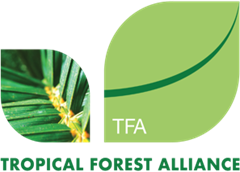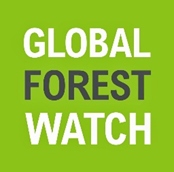Forests with high ecological integrity are an indispensable nature-based solution to the climate and biodiversity crises, yet they continue to decline rapidly, and are often ineligible for carbon and market finance. This session will seek to advance common understanding of effective actions and incentives for conserving forests with high integrity.
PLENARY: Why highly intact forests are a special case and challenge
Confirmed speakers:
Tom Evans, Director, Forest Conservation, WCS, Stephanie Wang, Associate Director, Wildlife Conservation Society, Nasheta Dewnath, Programme Coordinator, Guyana Forestry Commission
Interpretation to French in the plenary session
BREAKOUT 1: Innovative Financial Mechanisms
Confirmed speakers:
Daniel Zarin, Executive Director, Forests & Climate Change, WCS, Kimberley Todd, Technical Specialist, Climate and Forests, UNDP, Franklin Paniagua, Policy Director, ART, Charlotte Streck, Climate Focus
BREAKOUT 2: Opportunities for HFLD crediting in Guyana and elsewhere
Confirmed speakers:
Mikkel Larsen, Chief Executive Officer, Climate Impact X, Lucia Madrid, Senior Policy Manager, Winrock International, Maggie Charnley, Deputy Director, Global Forests, UK Government, Eduardo Taveira, Secretary of State for the Environment of The State of Amazonas
BREAKOUT 3: Finance options for high integrity forests in Central Africa
Confirmed speakers:
Patrick Saidi, National Coordinator, Dynamique des Groupes des Peuples Autochtones, Augustin Mpoyi Mbunga, Conseiller Technique Principal, Council for the Defense of the Environment through Legality and Traceability, Berta Pesti, CAFI







